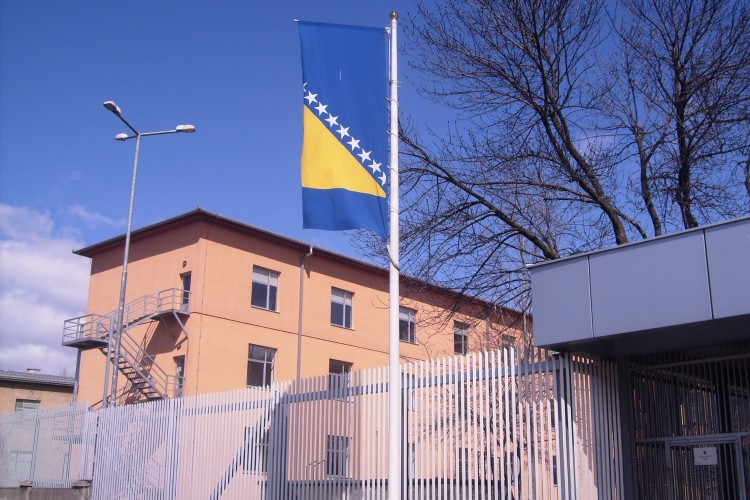The messages of European officials about the need to expand the European Union and support the countries of the Western Balkans on that path are getting clearer and louder. The latest initiative for the Western Balkans has now been presented by the President of the European Commission, Ursula von der Leyen. The economic growth plan for this part of Europe is based on four principles. The question is – will our country know how to use them?
The aim of the new initiative of the European Commission is for the Balkan countries to feel the benefits of EU membership. And this would be achieved by getting closer to the European market, economic integration within the region, speeding up reforms and increasing pre-accession aid. The President of the European Commission believes that this is the right offer at the right time.
“There is an urgent need for investments in the Western Balkans, and they will make the lives of citizens better and will also facilitate the path to the EU,” said Von der Leyen.
And the right time has come partly because of the geopolitical situation caused by Russia’s invasion of Ukraine, but also because of the danger of other influences dominating this area.
“There were terrible pressures in certain countries, especially from right-wing parties, not to expand the EU. Now there is not much room for maneuver to give in, not only because of the war in Ukraine, but also because of the fact that other influences are coming to the Western Balkans, specifically – Russian, Chinese and partially Turkish influences. The EU does not want to leave this area, which is strategically important to them, to external influences,” says Mia Karamehić-Abazović, a member of the Joint Commission for European Integration of the BiH Parliament (NiP).
“The Report of the European Commission for Bosnia and Herzegovina and the region will be published soon. This will be particularly important for Bosnia and Herzegovina because it is the first after the candidate status has been granted. We would really like to see that positive steps have been taken. In this context, the Forum was held on at a high level ten days ago where Commissioner Varhelyi was also present. Therefore, I appeal to the state coalition, parliaments and governing structures to do everything possible to make progress on these important reform laws in the area of the rule of law, the Law on the Prevention of Conflicts of Interest and the Law on Courts “, is the message of Johann Sattler, head of the EU Delegation in Bosnia and Herzegovina.
And we don’t use what is within our reach. Bosnia and Herzegovina has a low level of withdrawal of funds from pre-accession funds, partly because our administration is not aligned with the European one. The recipe is simple: apply the experiences of countries that have mastered these tasks, primarily the reform of public administration.
“Public administration reform is about making institutions functional. To have institutions that are systematized according to the needs and not according to the preferences of political parties for employment. This includes digitalization of public administration. That aspect is particularly frustrating since even in the institutions of Bosnia and Herzegovina most things go through paper, despite the fact that for years we received a lot of money from the EU to work on digital platforms,” Karamehić-Abazović pointed out.
Only reforms can bring the countries of the Western Balkans closer to the European Union, which does not seem to be giving up on this part of Europe and has a plan for its integration.


















